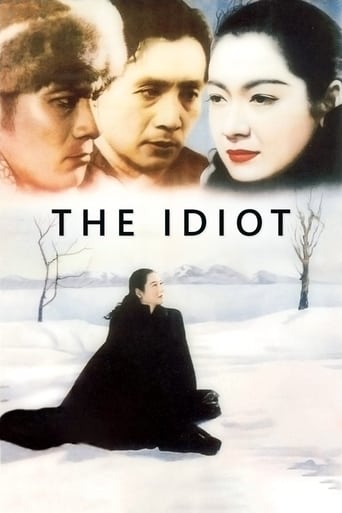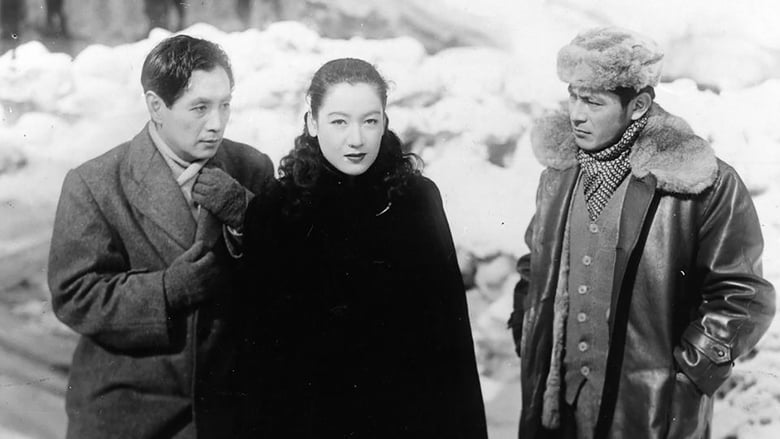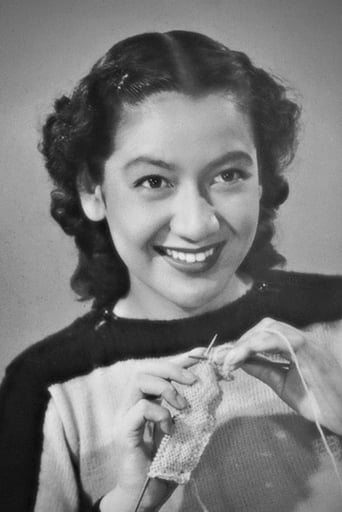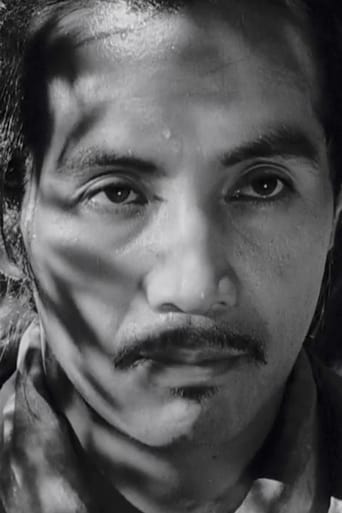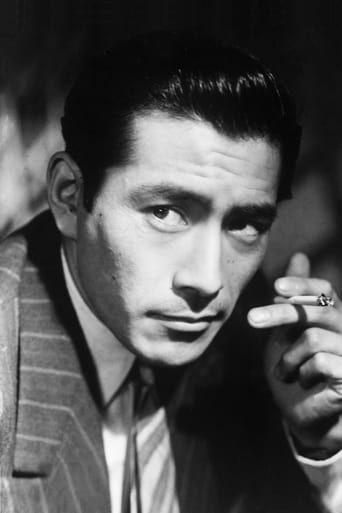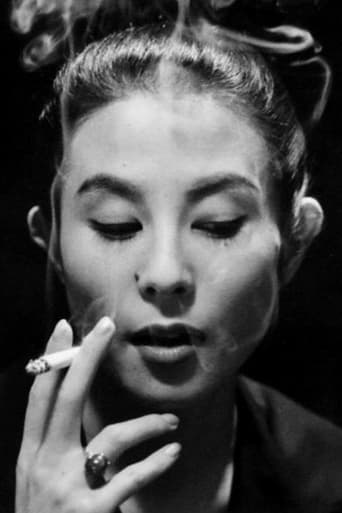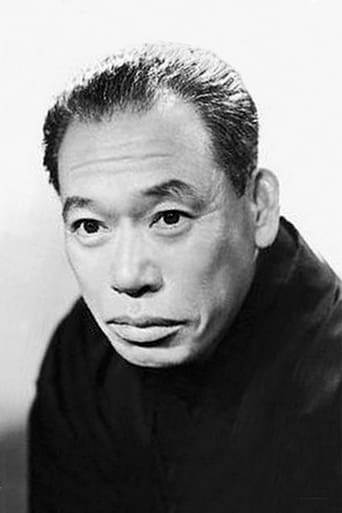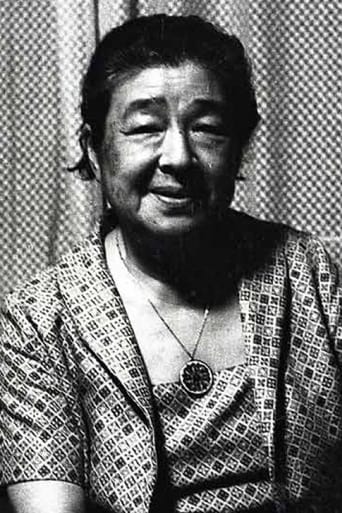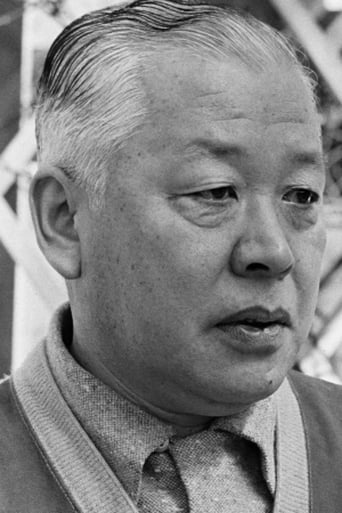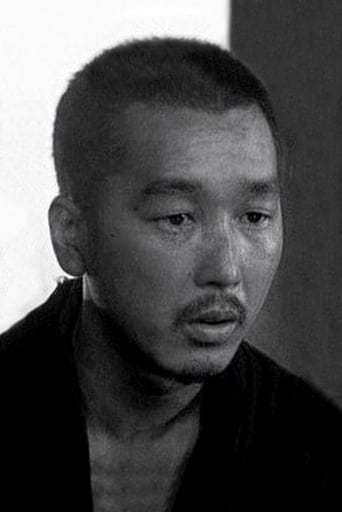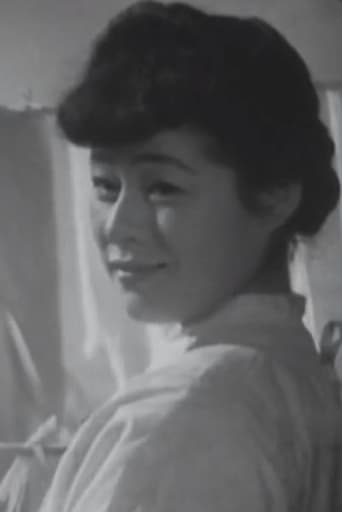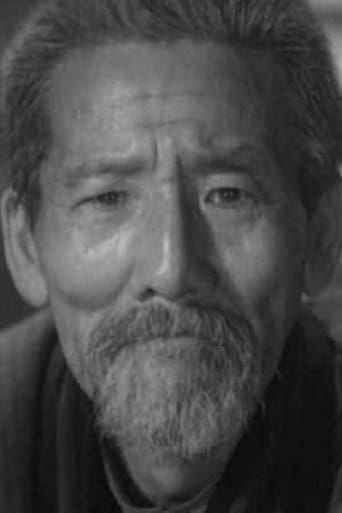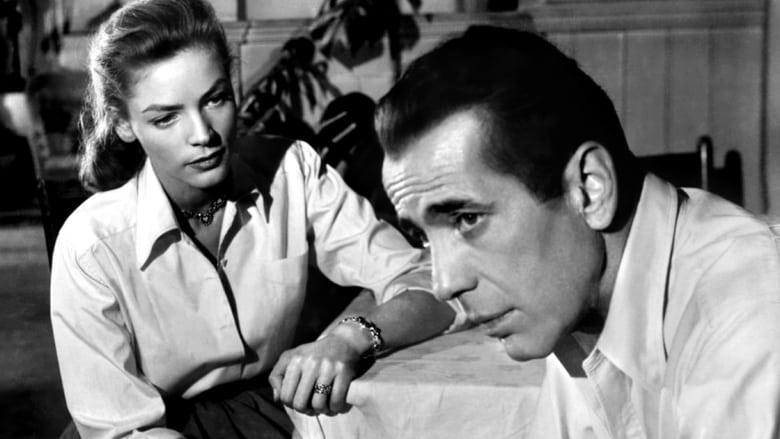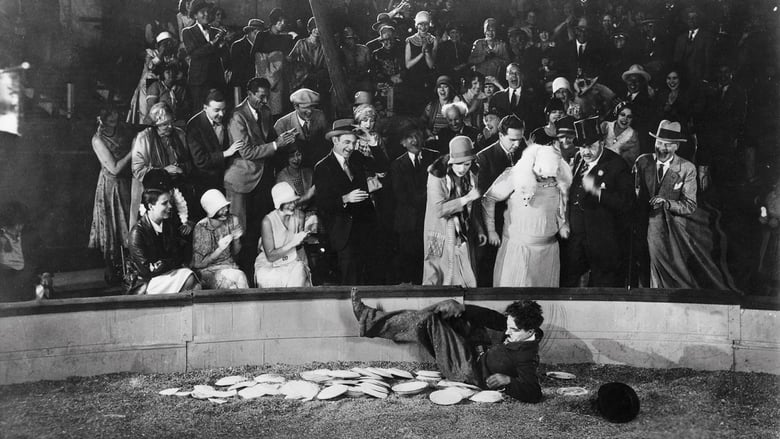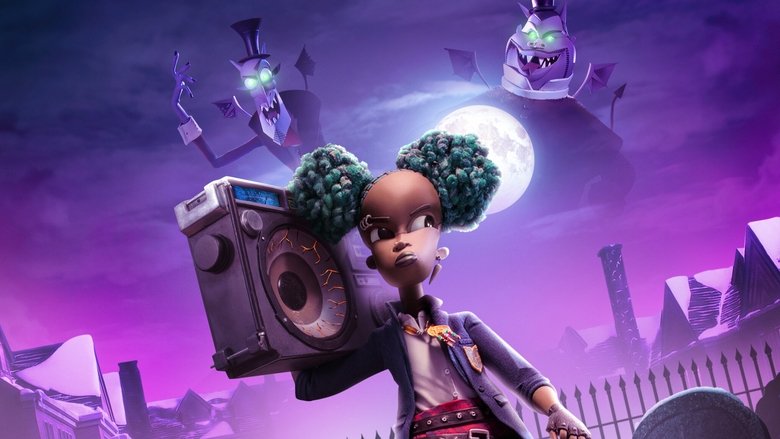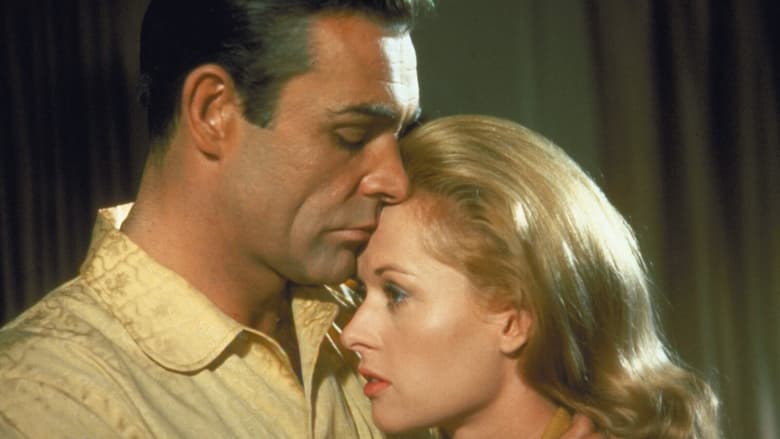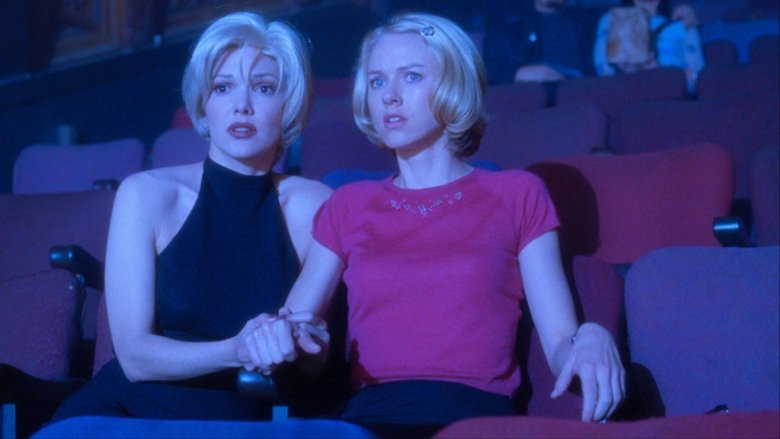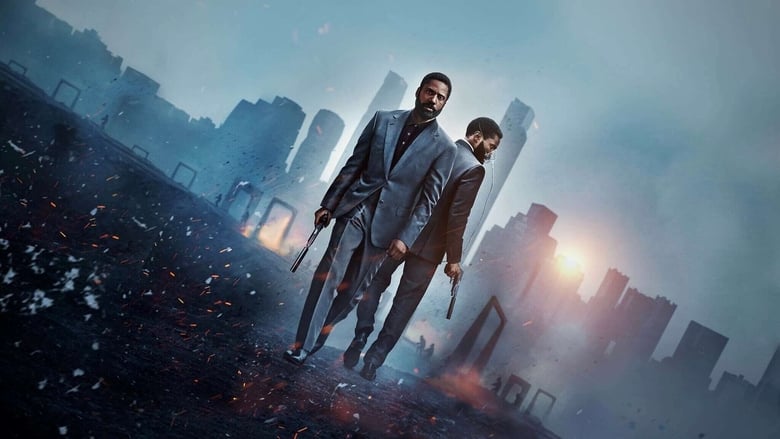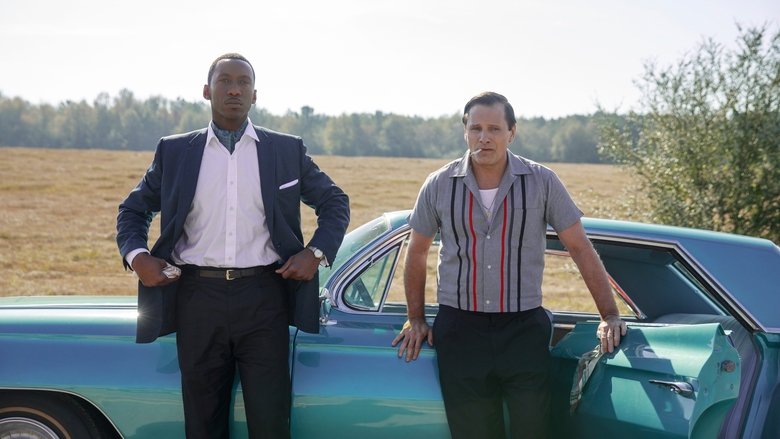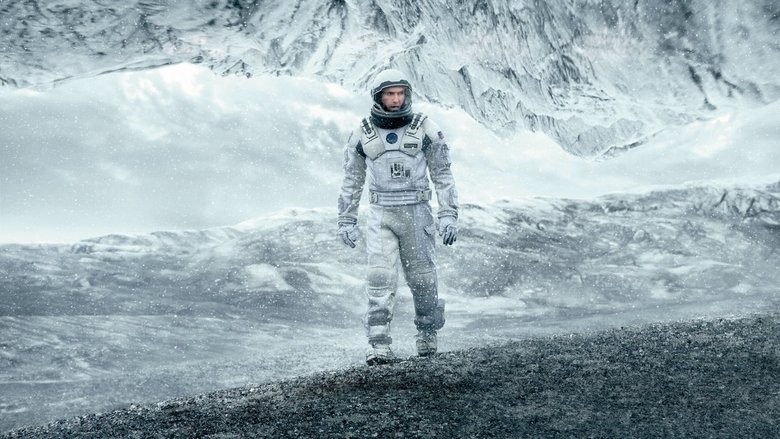Kameda, who has been in an asylum on Okinawa, travels to Hokkaido. There he becomes involved with two women, Taeko and Ayako. Taeko comes to love Kameda, but is loved in turn by Akama. When Akama realizes that he will never have Taeko, his thoughts turn to murder, and great tragedy ensues.


Similar titles
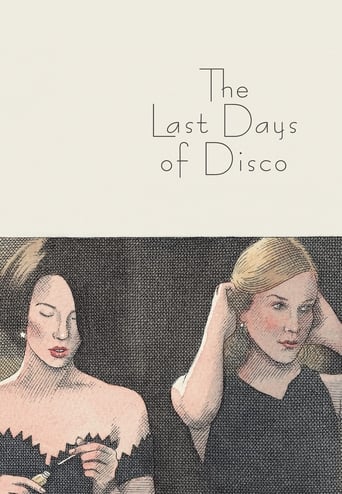
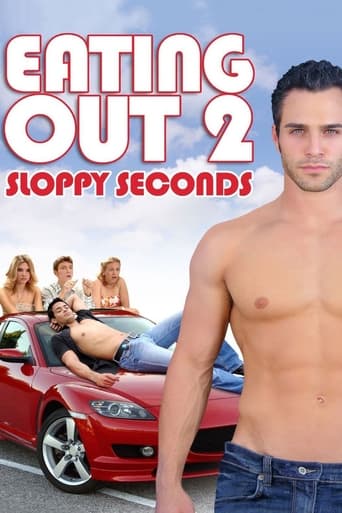
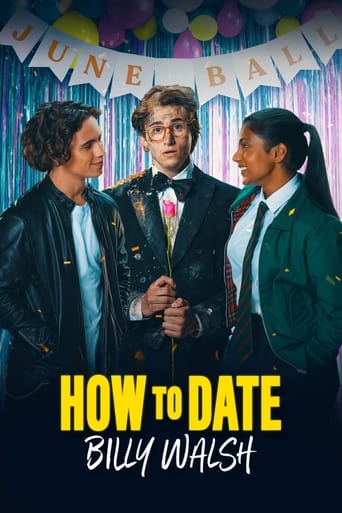
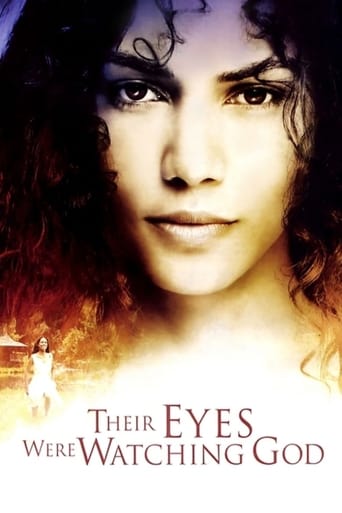
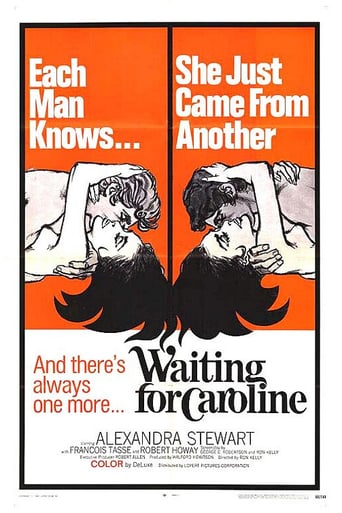
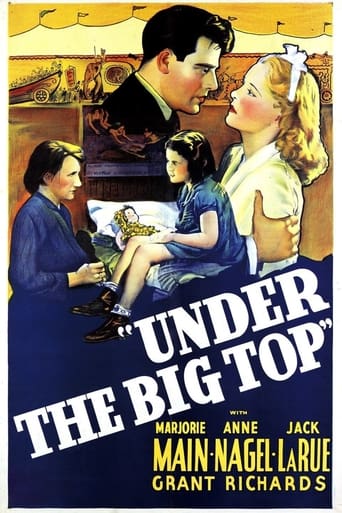




Reviews
Viewed on DVD. Subtitles/translations = barely six (6) stars; cinematography/lighting = four (4) stars; sound = four (4) stars; restoration = four (4) stars; editing = three (3) stars. The motion picture as a distinct art form should stand on its "own two feet" (and be reviewed as such) independent of source material (be it a traditional folktale, book, stage play, original concept treatment, etc.). Comparing two distinct art forms like a well-known novel and a movie based on the book is tempting but really apples-to-oranges specious. It will be avoided here. Director Akira Kurosawa offers up a weak fable, but populates it with some of the most accomplished actresses and actors of the time, and extracts from his cast powerful performances sometimes without equal heretofore. He has engineered over lapping love triangles and love rectangles as well as constructed many multi-layered themes of explicit/implicit sexual conflicts involving homosexuality (male and female) and heterosexuality with, perhaps, a whiff of transgender. The film begins with a lot of intermittent expository text (sort of like a book's introductory section) including some voice-overs. This is almost never a good early sign, since it often is the result of having second thoughts during the editing process which can negatively impact the film. But not this time out. Actress Yoshiko Kuga walks away with the film (even though Setsuko Hara costars)! Her stunning acting skills are repeatedly on display as she clearly conveys the ever-changing mind state of the frivolous character she portrays. Not only within a scene but even during a single line reading--often several times and traversing 360 degrees! A tour DE force and a pure pleasure to watch. The actor who plays the idiot seems to be suffering from overly tight collars--his physical movements usually consist of both hands moving about/near his throat. The ridiculous angelic chorus on the sound track during most of his scenes doesn't do the actor any favors. Cinematography (narrow screen, GREY and white) is poor and many scenes are under lit to boot. The gray and white photography may be intentional, due to poor film preservation or both. Restoration is not there yet. Besides the gray, frame jitters appears through out the film especially during Part I (the movie has two parts). Editing has several obvious problems. The extensive text/voice-over expository that opens the film is not needed, since all is explained/clarified later in the movie. The Director (who is credited as the Editor) has a fetish for using inter-scene wipes to link ALL scenes which rapidly becomes an irritating distraction for the viewer. It appears that a new ending is tacked on after what would seem to be the original ending (the latter consisting of scenes where the two male leads start to spend a romantic night now that the impediment of Hara's character has been permanently removed). (Perhaps the Producer and/or Shochiku got cold feet and were trying to dilute the homoerotic original ending?) This new editing does not look like Kurosawa directed it, since it is: shot in BLACK and white; does not contain inter-scene wipes; lacks the distinct flowing nature of the rest of the movie; and closes on an absurd line (delivered by Kuga's character who now has an entirely different look.) Subtitles employ a two line format that retards speed reading. Their flash duration is too short given the amount of text presented. Chorus singing with lyrics is not translated. Sound has not been re-looped to remove camera noise. Score (except for the angelic chorus) is fine. Highly recommended. WILLIAM FLANIGAN, PhD.
Idiot, The (1951) ** (out of 4)Adaptation of Fyodor Dostoyevsky's novel about a man (Masayuki Mori) labeled an idiot due to hardships he suffered and the impact he has on those around him including a woman (Setsuko Hara) who falls for him and the other man (Toshiro Mifune) who loves her. I knew going into this 166-minute film that it originally ran 265-minutes and as expected there are certain times that the film seems jumpy. While watching this movie I couldn't help but admire the acting, directing and cinematography but I must admit that the story never really brought me into the drama and in the end I'd have to call this a major disappointment from the legendary director. This certainly is no where near what I'd call a bad film and even though I didn't like it it's easy to see why some might love it. I'm sure I would have been one of them but the story, to me, just wasn't strong enough to pull me into everything that was going on and when this is happening during a nearly three-hour movie you're going to eventually grow bored with what you're watching. I'm not sure if I had read the novel if it would have made much difference but there were times when I felt rather lost as to what was going on and I'm not sure if this was due to me not being knowledgeable of the source material or if my boredom in what was going on just kept me from connecting to certain plot points. With that said, there's still quite a bit to admire here including the wonderful cinematography by Toshio Ubukata who really creates a nice atmosphere with his camera. I especially loved the scenes outside in the snowy streets and another segment with the ice skating. Another major plus were the performances from the cast with Mori leading the way as the Christ-like figure. I think a lot of actors would have loved to play a part like this but I'd be willing to bet that most would really overplay it but thankfully Mori never does this. I think he finds the perfect blend of kindness as well as that Christ-like figure and makes a rather memorable character. Hara also gets to shine in many scenes including the dramatic one of her letting Mori pretty much pick her future. Mifune, as always, is terrific and really adds a nice punch in the second half of the film. Kurosawa certainly handles the material well but the story is a very important thing and all the positives this film offered me just couldn't get over the fact that I didn't care too much for what I was seeing.
For any adaptation of a Fyodor Dostoyevsky story to work, the filmmaker has got to know what he's in for with the source. Dostoyevsky writes like the sky is falling in every beat, but it's such a breathtaking sky that there needs to be some poetry in the midst of all the torpedoes falling down on consciousness. Getting through Crime and Punishment or Notes From the Underground is hard going at times, but about the most rewarding, if you give yourself to the prose, that literature can provide. I haven't read the Idiot yet, but I can gather just from what I've read about it- and hitherto seen in this Akira Kurosawa adaptation- that it's not a whole lot set apart from his other works. The difference in this case is that there's a more "wholesome" Dostoyevsky character here than, say, Roskolnikov. With a bit of Forrest Gump, a squeeze of Jesus, but a lot more head trauma, Prince Mishkin (here Kinji Kameda) sees the best in people, the love, but also the sadness and pain, and he can't do much but offer some advice and those eyes full of whatever the other person wants to project onto themselves from him.One thing I found really interesting in the Idiot is Kurosawa's use of eyes. Eyes give away a lot sometimes in movies, but in this case they convey almost as much as in a straight silent film. Odd, considering how much Kurosawa sticks to the program of Dostoyevsky's original text (not sure how much it stays true to it, especially translating to 20th century Japan, but it seems close by the tone and depth of the language), that body language and the perspective of eye contact and movement and range is so important. But it's this facet that creates at times the benchmark of the emotion in some scenes, specifically one that takes place late in the film where there's the start of an emotional confrontation between Takeo Nasu and Ayako, the two women of Kameda and Akama's lives, and before a word is spoken in this tense scene where sides are chosen and fates are laid out, eyes go back and forth- Nasu's wild, hurt eyes, and Akayo's more direct, composed orbs. Under any other direction it might go into overacting, but with Kurosawa it's just right.So much has already been written about the problems of the Idiot stemming from the fact that a third of its original running time- from 265 to 166 minutes- detracts from how it really should be perceived. I couldn't agree more, but it should be noted that the picture, when it does work well on the usual fronts of Kurosawa at his prime (and it is often), does have some triumphant status to it. For a movie that, however long length, is filled with this much talk going through motions that should be considered torrid melodrama and to actually surprise one with the effects from its actors and its lucid storytelling, is thrilling. The cast is terrific, everyone from Toshiro Mifune in a role that has him as a kind of "human" time-bomb, where he could go off any minute, but there's a lot of moments where he suddenly comes down to Earth thanks to Kameda; Satsuko Hara, whom we might remember from Rashomon, doesn't stray too far from her character's range, which allows her to plunge head-on into a role that's dark and depressing and strange; and Mori (also in Rashomon and noteworthy in Ugetsu) has a nice quality all around him as the one "innocent" soul of the bunch ("innocent" as in not totally corrupted in his emotions or swayed easily by his passions one way or another).And, as mentioned, Kurosawa's camera is limitless in how it can navigate around during a scene, quietly, sneaking up and getting a good strong composition with everyone in frame a certain way or spinning around to another one, that keeps you on your toes to expect something else. It's suffice to say, at least, his skills don't dull in this time in his career between Rashomon, Ikiru and Seven Samurai. So, really, it all comes down to The Idiot being a piece of a great movie, or pieces to put it that way. It's frustrating, for example, to actually KNOW where the producer cut into the frames, added in a cheap wipe or two- ones that would not be the norm for Kurosawa- and put in those irritating cards early on in the film rushing things along (it also doesn't make sense, for that matter, that the film's first part is 90 minutes while the second is 14 minutes shorter than that equivalent). Like Magnificent Ambersons, Kurosawa got the rough end of the stick on distribution, if to say that he went "too far" in making a 4-hour plus Dostoyevsky adaptation for Japanese audiences in 1951. Unlike Welles, who was an upstart at the comparative time, Kurosawa was just starting out, getting some hits but not quite a superstar in international cinema yet.It's a bit of a shame, because taking in all of the sappy melodrama and the high-rising music and the occasional maudlin touches, The Idiot, in its completed form, could be as great a Kurosawa at his very best. As it is, it's only better than average- but should be a welcome treat for Dostoyevsky fans at least.
First and foremost, I love Kurosawa films. He is in my opinion one of the world's greatest film makers, bar none. His ability to tell compelling stories is legendary. So, when I rate this movie a 5, I do so only because of respect to Kurosawa, if it were someone else I would rate it even lower. The reason I am disappointed with this movie is because of the horrendous editing that left the viewer, me, wondering why so many characters reacted to different situations. I think a person who understands this film has had to have read Dostevyski's novel because he certainly didn't 'get it' from viewing the film. I have been told that the studio whacked half of the film on the editing room floor. In so doing, the studio left the viewer in a lurch as to why things happened, more-so in the beginning of the movie than the end...but, it requires too much to ask of an audience to understand or infer what is going on with the movie when it should be crystal clearly developed and the audience should KNOW why things happen, rather than guess. Kurosawa is by far too good a communicator to have knowingly allowed or directed this in a fashion that the audience is lost, which is exactly how I felt after viewing this movie...lost, lost in translation, lost on the editing room floor.
